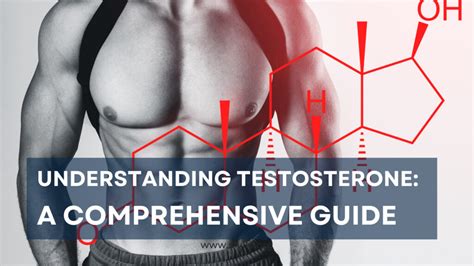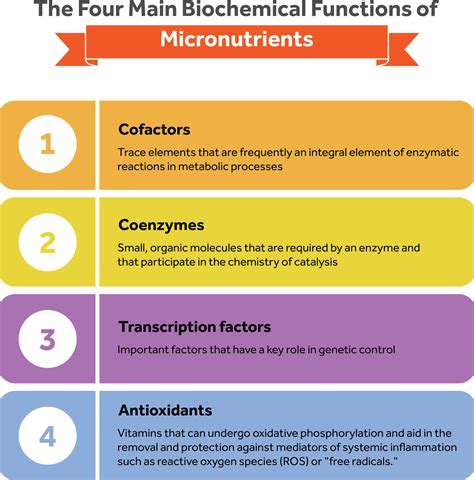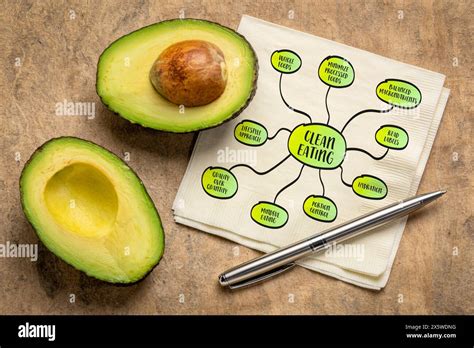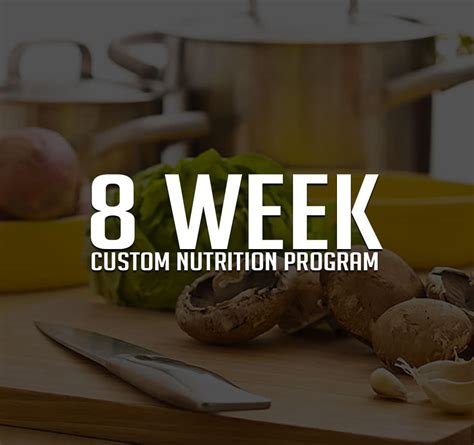What specific nutrition strategies boost testosterone and energy for peak male performance?

Understanding the Core Connection: Testosterone, Energy, and Diet
For men seeking to optimize their physical and mental prowess, the interplay between nutrition, testosterone, and energy levels is paramount. Testosterone, the primary male sex hormone, influences everything from muscle mass and bone density to mood and libido. Concurrently, sustained energy is vital for daily productivity, exercise performance, and overall quality of life. The good news is that strategic dietary choices can significantly impact both, laying the foundation for peak male performance.

The Macronutrient Blueprint for Success
A well-balanced intake of macronutrients (fats, proteins, carbohydrates) is crucial for hormonal health and energy production.
- Healthy Fats: The Hormonal Building Blocks: Forget the fear of fats. Healthy fats, particularly monounsaturated and polyunsaturated fats, are essential for testosterone production. Cholesterol, derived from dietary fats, is a precursor to steroid hormones, including testosterone. Incorporate sources like avocados, olive oil, nuts (almonds, walnuts), seeds (chia, flax, pumpkin), and fatty fish (salmon, mackerel).
- Quality Protein: Muscle, Repair, and Satiety: Adequate protein intake supports muscle maintenance and growth, which is intrinsically linked to testosterone levels. Protein also contributes to sustained energy by stabilizing blood sugar. Prioritize lean meats (chicken, turkey, grass-fed beef), eggs, dairy (Greek yogurt, cottage cheese), and plant-based proteins (lentils, beans, tofu).
- Complex Carbohydrates: Sustained Energy Release: While low-carb diets have their place, completely cutting out carbohydrates can negatively impact energy and thyroid function, indirectly affecting testosterone. Opt for complex carbohydrates that provide a steady release of glucose, fueling your body and brain. Examples include whole grains (oats, quinoa, brown rice), sweet potatoes, and a variety of fruits and vegetables.
Essential Micronutrients for Male Vitality
Beyond macronutrients, specific vitamins and minerals play critical roles in testosterone synthesis and energy metabolism.
- Zinc: The Testosterone Mineral: Zinc is a powerful mineral directly involved in testosterone production. Deficiencies can lead to reduced T-levels. Rich sources include oysters, red meat, poultry, beans, nuts, and fortified cereals.
- Vitamin D: The Sunshine Hormone: Often referred to as a prohormone, Vitamin D is strongly linked to testosterone levels. Sun exposure is the primary source, but dietary options like fatty fish, fortified milk, and egg yolks can contribute. Supplementation may be necessary, especially in regions with limited sunlight.
- Magnesium: Energy and Hormone Support: Magnesium contributes to over 300 enzymatic reactions, including those for energy production and muscle function. It also plays a role in binding free testosterone. Leafy greens, nuts, seeds, whole grains, and dark chocolate are good sources.
- B Vitamins: Energy Catalysts: B vitamins (B6, B12, folate, etc.) are crucial for converting food into energy. They support metabolism and reduce fatigue. Find them in whole grains, meat, eggs, dairy, legumes, and leafy green vegetables.

Powerhouse Foods to Incorporate Regularly
Integrating these nutrient-dense foods into your daily diet can significantly impact your testosterone and energy levels:
- Fatty Fish (Salmon, Mackerel, Sardines): Rich in Omega-3 fatty acids and Vitamin D.
- Eggs: A complete protein source, containing healthy fats, Vitamin D, and cholesterol (a precursor to testosterone).
- Leafy Green Vegetables (Spinach, Kale): Packed with magnesium and various B vitamins.
- Berries (Blueberries, Raspberries): Antioxidant-rich, supporting overall health and reducing inflammation that can hinder hormone production.
- Nuts and Seeds: Excellent sources of healthy fats, zinc, magnesium, and selenium.
- Avocados: High in monounsaturated fats, Vitamin B6, and potassium.
- Cruciferous Vegetables (Broccoli, Cauliflower): Contain compounds that help regulate estrogen, indirectly supporting testosterone balance.

Hydration and Strategic Meal Timing
- Hydration is Key: Dehydration can lead to fatigue and negatively impact metabolic functions. Ensure consistent water intake throughout the day to support energy levels and bodily processes.
- Consistent Meal Timing: Eating regular, balanced meals helps maintain stable blood sugar levels, preventing energy crashes and supporting consistent hormone production. Avoid long periods of fasting without proper planning, as extreme caloric restriction can stress the body and lower testosterone.
Foods to Limit or Avoid
Just as important as what you eat is what you limit. Certain foods can detrimentally affect testosterone and energy:
- Processed Foods and Added Sugars: These can lead to insulin resistance, inflammation, and weight gain, all of which are linked to lower testosterone and energy dips. Examples include sugary drinks, pastries, candies, and highly processed snacks.
- Excessive Alcohol: Chronic heavy alcohol consumption can damage the testes, impairing testosterone production and liver function, which is critical for hormone metabolism. It also disrupts sleep and can lead to fatigue.
- Trans Fats and Unhealthy Saturated Fats: Found in many fried foods, fast food, and baked goods, these fats can increase inflammation and negatively impact cardiovascular health and hormone balance.

Crafting Your Personalized Nutritional Strategy
While these general guidelines are powerful, individual needs can vary. Consider working with a nutritionist or dietitian to create a personalized plan tailored to your specific health goals, activity level, and dietary preferences. Consistency is key; sustained dietary habits will yield the most significant benefits over time.

Conclusion: Fueling Your Peak Potential
Optimizing testosterone and energy for peak male performance is not about quick fixes but about a consistent, holistic approach to nutrition. By prioritizing healthy fats, quality proteins, complex carbohydrates, and essential micronutrients, while limiting detrimental foods, men can naturally enhance their hormonal health, boost vitality, and unlock their full potential. Embrace these strategies, and experience the transformative power of a well-nourished body and mind.








